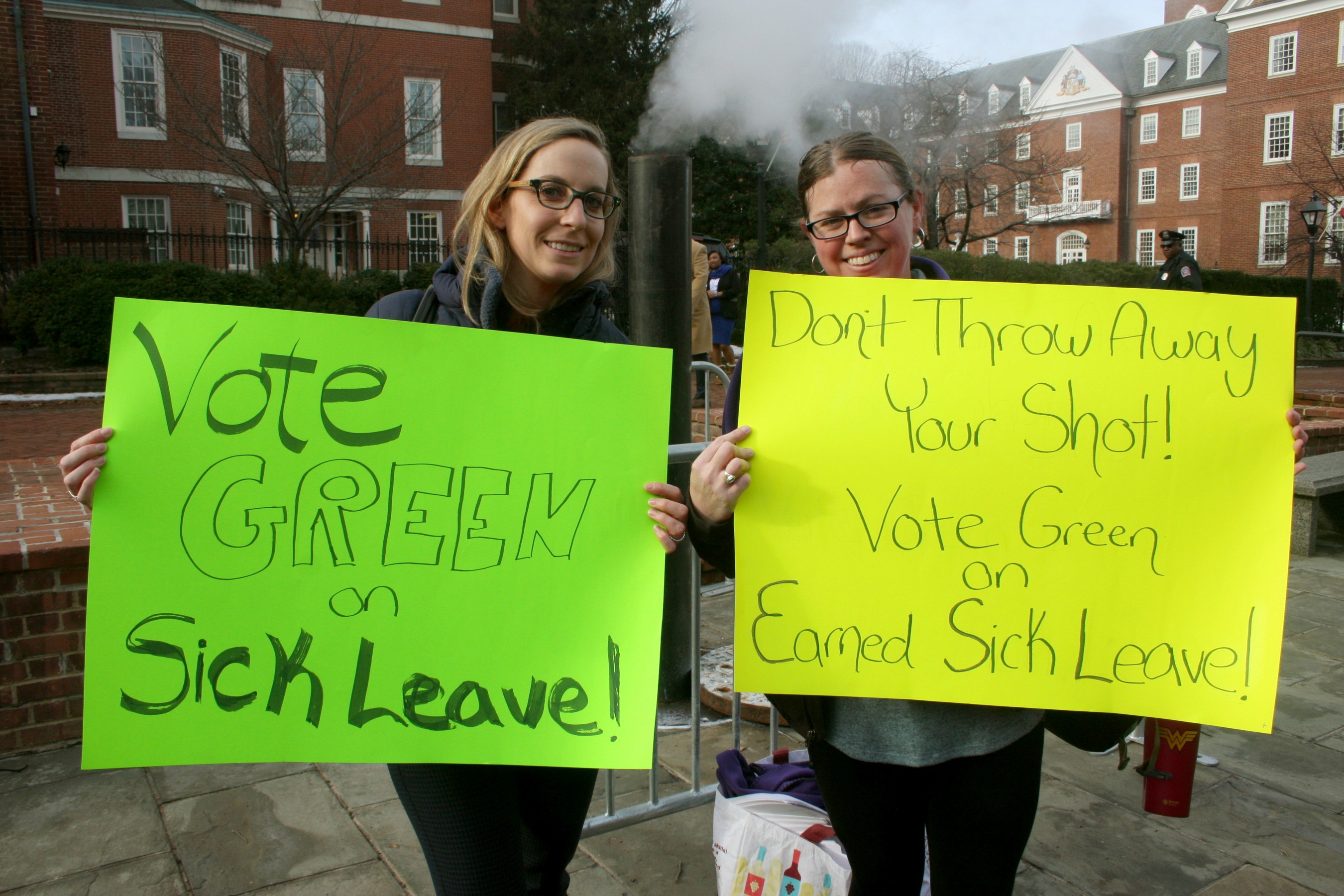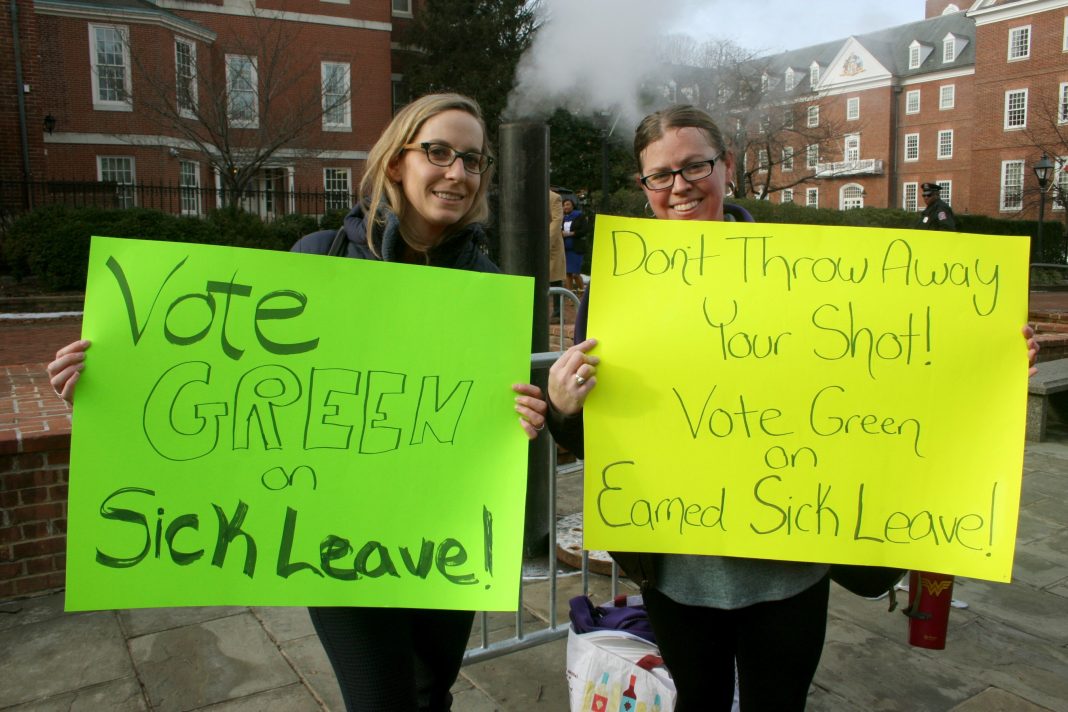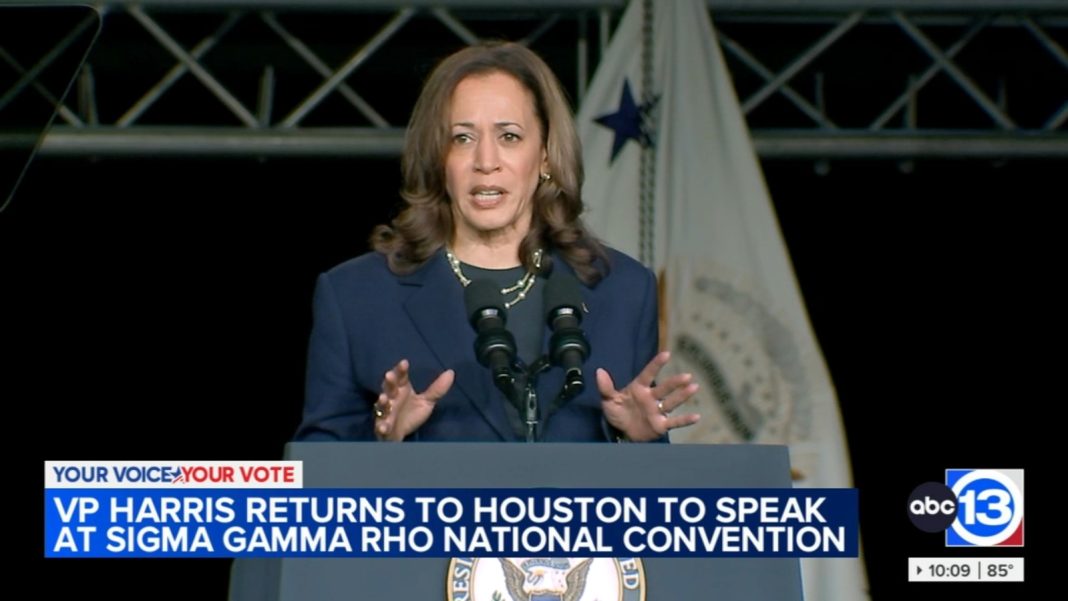 Title: Michigan Supreme Court Ruling Reinstates Minimum Wage and Paid Sick Leave Measures
Title: Michigan Supreme Court Ruling Reinstates Minimum Wage and Paid Sick Leave Measures
Michigan Supreme Court Invalidates Adopt-and-Amend Strategy
In a landmark ruling, the Michigan Supreme Court declared the state Legislature’s adoption and subsequent amendment of two ballot initiatives as unconstitutional. The court’s 4-3 split decision determined that this adopt-and-amend strategy violated the state constitution by circumventing the power reserved for the people. The court reinstated the original measures, which aimed to increase the minimum wage and establish paid sick leave, while allowing employers a phase-in period to adjust.
Understanding the Background: Petitions for Change
The case originated from two petitions circulated in Michigan in 2018. One sought to raise the minimum wage to $12 per hour by 2022 and eliminate the lower minimum wage for tipped workers. The other petition aimed to mandate employers to provide paid sick leave. The Michigan Legislature initially adopted both measures to prevent them from going to a public vote but subsequently amended them, significantly diluting the original proposals.
Constitutional Violation and Reversal of Lower Court Judgments
Under the Michigan state constitution, when a petition is approved for the ballot, the Legislature has three options: pass it as a law, let the public vote on it, or propose a modified version for the public to decide. The state Supreme Court ruled that the Legislature’s adoption and subsequent changes without a public vote violated Article 2, § 9 of the state constitution.
The court overturned lower court judgments, ordering the reinstatement of the original versions of the laws proposed by the 2018 petitions. Employers were granted a 205-day transition period to comply with the reinstated measures.
Dissenting Opinions and Accusations of Judicial Overreach
Chief Justice Elizabeth Clement, along with Justices David Viviano and Brian Zahra, dissented from the majority opinion. They argued that the Legislature’s power to amend laws is not explicitly restricted by the state constitution. Chief Justice Clement contended that the Legislature was within its rights to amend the laws in the same legislative session.
Justice Zahra went further, accusing the majority of engaging in judicial legislation by reviving and altering the original 2018 initiatives. He criticized the court for creating a new schedule and public policy without approval from the Legislature or voters.
Implications and Effects of the Ruling
Michigan’s Supreme Court ruling establishes a new minimum wage scale for the state, starting in 2025 and adjusted for inflation. The minimum wage will gradually increase from $10 plus inflation in 2025, with tipped workers earning 48 percent of that wage. By 2028, the minimum wage will rise to $12 plus inflation, accompanied by an increase in tipped wages to 80 percent of the minimum wage. In 2029, the tipped wage credit will be eliminated, and the state treasurer will handle all inflation adjustments.
Regarding paid sick leave, the court reinstated the 2018 initiative version of the law, requiring employers to provide up to 72 hours of paid sick leave annually. Employers were given a 205-day transition period to comply.
Business Community Concerns and Call for Action
The Michigan Chamber of Commerce expressed concern about the ruling’s impact on businesses and the separation of powers between the legislative and judicial branches. The chamber urged the Legislature and the governor to swiftly address the ruling’s effects. Jim Holcomb, president and CEO of the Michigan Chamber, criticized the court’s activism and emphasized the need for rule of law justices who uphold the separation of powers.
Wendy Block, senior vice president of business advocacy for the Michigan Chamber, highlighted the potential challenges faced by the hospitality industry and workers due to the ruling. She expressed concerns about the significant increase in labor costs and the costly changes employers would have to make to their leave policies.
In Conclusion
The Michigan Supreme Court’s ruling invalidating the adopt-and-amend strategy used by the state Legislature has reinstated measures to increase the minimum wage and establish paid sick leave. While the ruling has drawn dissenting opinions, it sets a new minimum wage scale and outlines requirements for paid sick leave. The decision’s impact on businesses and the separation of powers has raised concerns within the business community, prompting calls for legislative action to address the ruling’s effects.


